Plant-based diets have gained significant traction in recent years due to their associations with reduced risk of chronic diseases, improved metabolic health, and environmental sustainability.
However, excluding animal-derived foods presents potential challenges in obtaining specific nutrients in their optimal forms. While many micronutrients and macronutrients can be sourced from plants, bioavailability and conversion inefficiencies often pose a challenge.
This necessitates a strategic approach to dietary planning, including consideration of fortified foods and supplementation where necessary to avoid deficiencies that could impact long-term health.
This article explores the key nutrients that are often insufficient in vegan and strict plant-based diets.
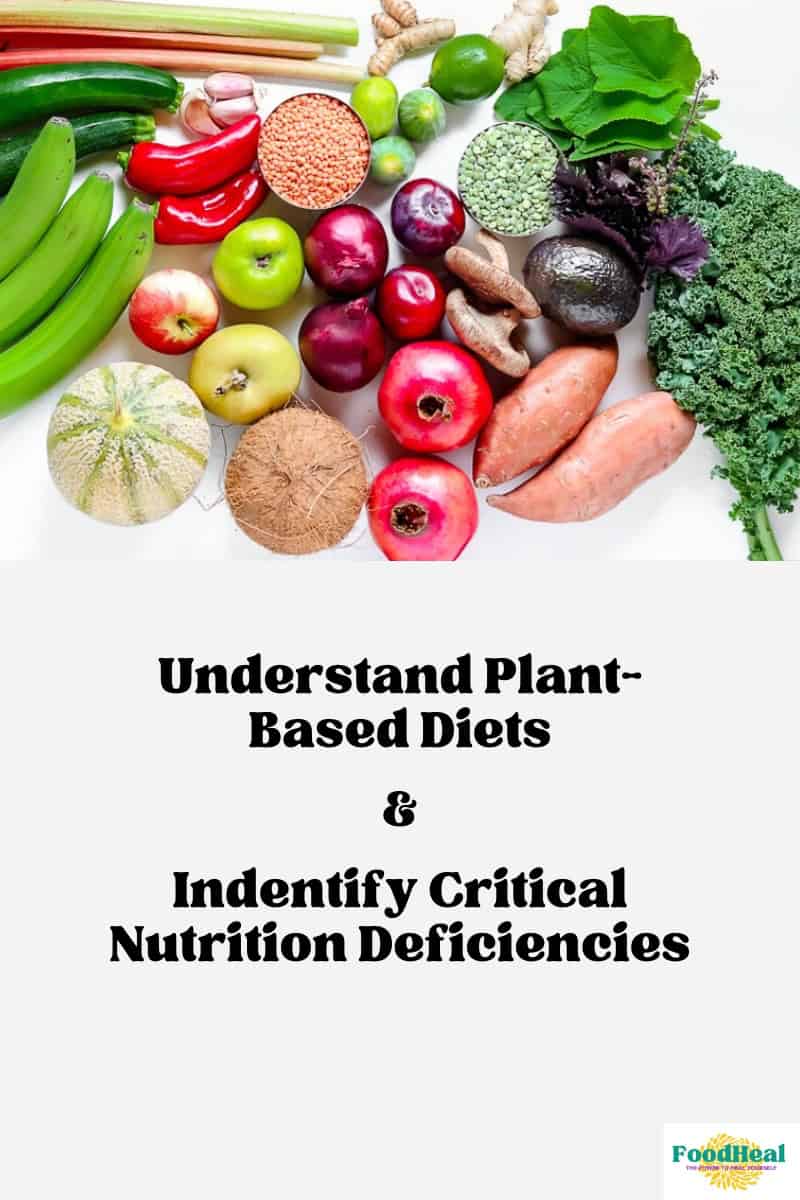
🌿 What Is Veganism?
Veganism is more than a diet; it's a philosophy of avoiding all animal products. That means no meat, dairy, eggs, honey, or animal-derived wear or accessories. The focus is on plant foods like vegetables, legumes, grains, fruits, nuts, and seeds.
For many, it's also an ethical stance, rooted in nonviolence toward animals and environmental sustainability.
🧠 Vegan vs Vegetarian vs Plant-Based: What's the Difference?
- Vegetarian: No meat, but often includes dairy and eggs.
- Vegan: No animal products at all, even honey or clothing.
- Plant-Based: Focused on plants for health reasons, but may occasionally include animal foods.
🏛️ Did Ancient Cultures Eat Plant-Based?
Yes! Many ancient civilizations were mainly plant-based:
- The Maya and Aztecs lived on maize, beans, squash, and tropical fruits. Only the elite consumed meat regularly.
- Ethiopians thrived on lentils, teff, and greens with minimal meat intake.
- Buddhist monks and Indian yogis practiced spiritually motivated, mostly vegan eating.
These cultures used advanced food techniques like fermentation and grain blending to enhance nutrition long before modern science caught up.
🧬 Ancient Techniques That Make Plant Nutrition Work
Traditional cultures enhanced plant nutrition through:
- Nixtamalization – Alkalizing corn with lime to unlock niacin & calcium.
- Sprouting – Reduces anti-nutrients and enhances absorption.
- Fermentation – Increases probiotics, enzymes, and B vitamins.
- Soaking – Improves the digestion of seeds, nuts, and legumes.
- Food combining – beans and grains, eg, rice and beans
These techniques are crucial for getting the most from a plant-based diet. Soaking beans, legumes, and some grains has become evident in our modern world!
⚠️ Common Nutrient Deficiencies in Vegan Diets
Even when eating a variety of whole plant foods, some people may still struggle to absorb key nutrients like zinc, iron, and B vitamins. This can be due to two main reasons:
1.⛔ Anti-nutrients in Plant Foods
Many plant-based staples like legumes, grains, nuts, and seeds contain compounds like fermentable fibers, lectins, tannins, phytates, saponins, and oxalates. These are known as anti-nutrients because they can bind to minerals in the gut and reduce absorption. These anti-nutrients can also trigger symptoms if the gut barrier is damaged.
While not harmful in small amounts, they can make it harder to absorb:
- Iron (especially non-heme iron from plants)
- Zinc
- Calcium
- Magnesium
- Fat-soluble vitamins: A, D, E, and K
Sprouting, soaking, and fermenting these foods can reduce anti-nutrient content and improve bioavailability.
2.🔥 Compromised Gut Health (Especially in Autoimmune Conditions)
People with gut issues (IBS, SIBO) or autoimmune issues often experience leaky gut, chronic inflammation, or altered gut flora. This can:
- Damage the intestinal lining where absorption happens.
- Create low stomach acid (common in hypothyroid or Hashimoto's).
- Lead to nutrient malabsorption, even with a good diet.
Even nutrient-dense meals may not fully meet the body's needs until the gut is healed and digestion is restored.
Despite being rich in fiber and antioxidants, poorly planned vegan diets can lead to deficiencies that undermine long-term health. Key nutrients to watch include:
- Vitamin B12 (supports nerves, red blood cells)
- Iron (energy, oxygen transport)
- Zinc (immunity, skin, hormones)
- Iodine (thyroid function)
- Omega-3s (DHA/EPA) (brain, anti-inflammatory balance)
- Calcium & Vitamin D (bones, immune regulation)
- Protein and Essential Amino Acids (repair, enzymes, neurotransmitters).
💊 Nutrients You MUST Supplement on a Vegan Diet
- Vitamin B12 – no plant source can provide enough.
- Vitamin D3 – especially if sun exposure is low.
- DHA/EPA – from algae oil if not eating fish.
🧠 Nutrients to Watch That the Body Makes, But Often Not Enough
Even when the body can make specific nutrients independently, some levels may still fall short on a plant-based diet due to low or absent dietary sources. The body often prioritizes making only what is essential for survival, not optimal health. These nutrients may also require additional cofactors (like B vitamins or amino acids) to be produced effectively, which can be limited if the diet isn't planned optimally!
Achieving high protein quality on a vegan or plant-based diet requires more than just consuming enough protein. It's crucial to get the right balance of all the amino acids in the quantities our body needs. Prolonged deficiencies in these essential nutrients can negatively affect overall protein balance, muscle maintenance, and other physiological functions, especially in more vulnerable populations and those with gut health issues!
Here are additional nutrients that may be low in a vegan diet, even if the body produces them in small amounts:
- Taurine: An amino acid-like compound important for heart, brain, and eye health. The body can synthesize small amounts, but food sources are animal-based. Vegan levels are often low.
- Carnosine: A dipeptide concentrated in muscles and the brain. It supports performance and protects against oxidative stress. Produced in small amounts by the body, but mainly found in animal products.
- Choline: Important for brain function, liver health, and methylation. Found in some plant foods (like cauliflower and quinoa), but hard to meet needs without eggs or supplementation.
- CoQ10 (Coenzyme Q10): Vital for cell energy production and antioxidant defense. Synthesized in the body, but production decreases with age and is supported by dietary intake, mainly from meat and fish.
- Creatine: Synthesized by the liver but mainly obtained through animal food. Vegan levels tend to be lower, affecting muscle and brain energy.
- Vitamin K2 (menaquinone): Important for calcium regulation in bones and arteries. K1 is found in leafy greens, but K2 is primarily in fermented foods (like cheese or natto). Conversion from K1 to K2 in the body is inefficient for many people.
✅ Benefits of a Vegan or Plant-Based Diet
- High in fiber, antioxidants, and anti-inflammatory compounds.
- Supports heart health, weight balance, and blood sugar stability.
- Linked to lower cancer and chronic disease risk.
- Reduces environmental footprint.
- Encourages compassion and mindful eating.
🌎 To sum up
A well-planned vegan diet is not only possible, but it can also be powerful. However, it must be approached with awareness and strategy, including nutritional science and ancestral wisdom.
I help women use nutrient-dense foods to support healing, repair, and restore health, energy, and joy. Please get in touch with me if you want to know how I can help you.




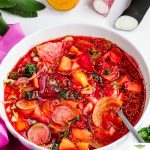
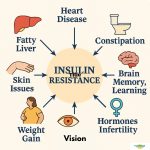
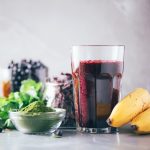
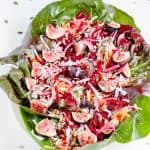

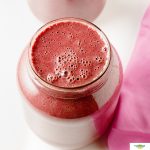

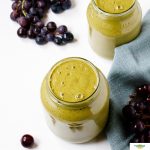

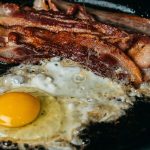




Comments
No Comments